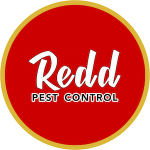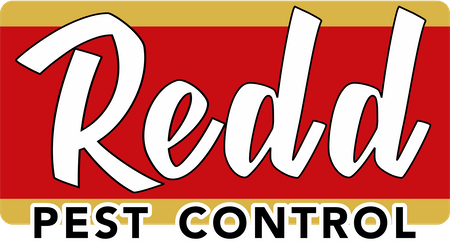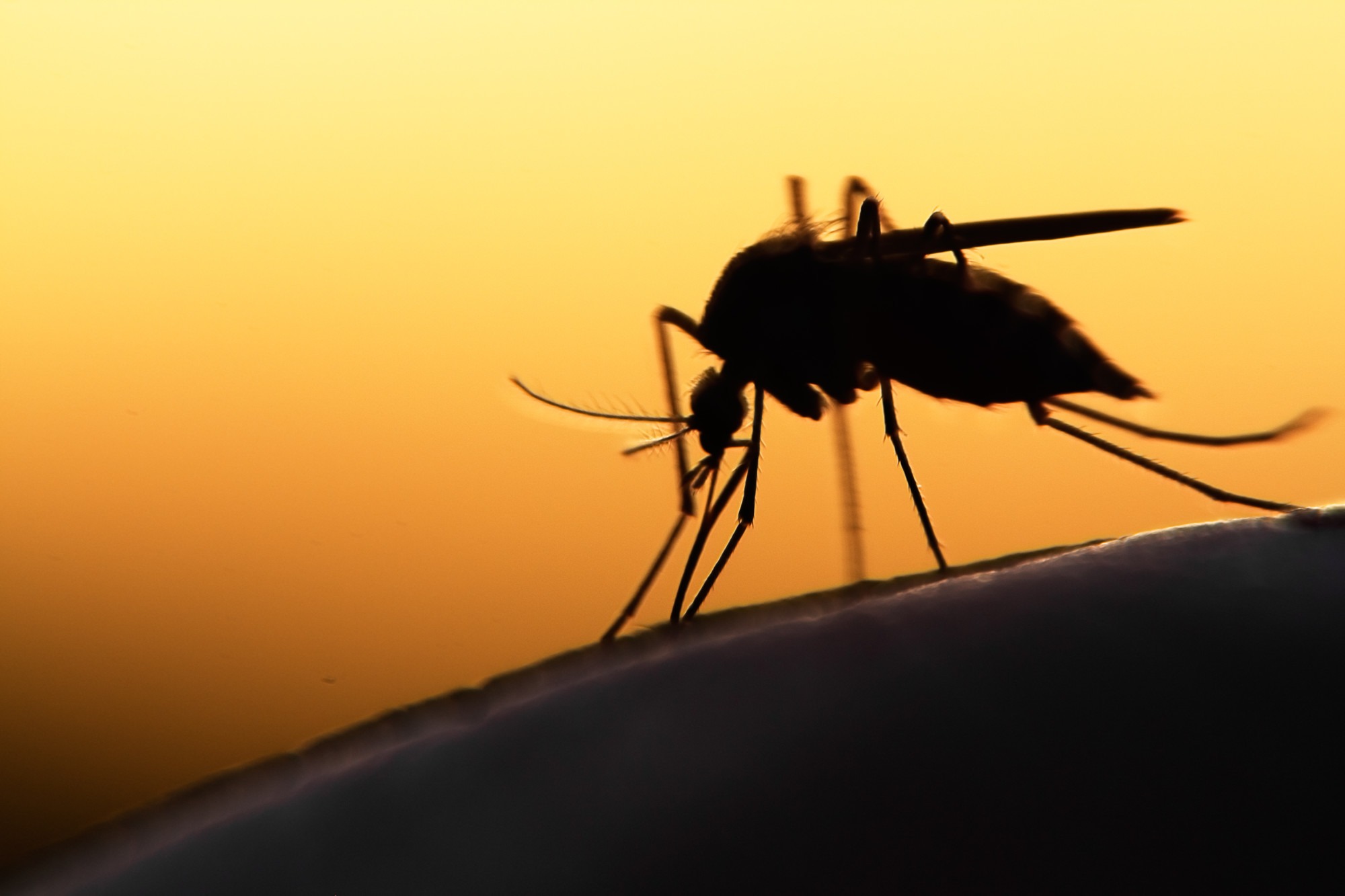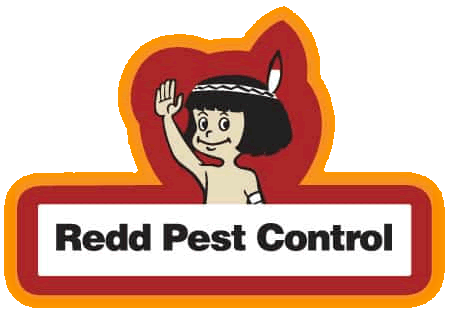Why Termite Inspections Are So Important
What's the most you've ever had to pay for damage to your house? Was it after a storm or other disaster?
Sometimes we can see disaster coming and prevent it ahead of time. Other times there's nothing stopping the damage from coming to your home, and you have to stiffen your upper lip and pay for it. But there's some kind of damage that's hard to catch but still absolutely worth trying to prevent.
Regular termite inspections can save you from contributing to the five billion dollars in damage that Americans have to pay for due to termite damage every year. If you're wondering why you should get a termite inspection or if you can just do it yourself, you should keep reading and learn all the termite inspection facts.
What Are Termites
Termites are a common wood-destroying insect that often infests homes. There are three different kinds of termites - subterranean, damp wood, and dry wood. All are found in the U.S. but damp wood termites are the most common.
Worker termites (the most commonly seen) are cream-colored to dark brown colored and between 1/4 of an inch to 1/2 an inch long. Many also have noticeable mandibles for cutting through wood.
It's worth noting that termites really do eat wood as opposed to other wood-boring insects which only make tunnels through the wood. This knowledge will help you spot the signs of house termites later on.
Why Get Termite Inspections
The main reason to get termite inspections is to save money. Sure you may have to pay a little bit here and there for regular inspections, but that cost is nothing compared to that you could end up paying after the termites have already done their damage. Some homes become completely uninhabitable due to a termite infestation.
It's also smart to get a termite inspection before purchasing a new home. Your inspector can not only look for current termites but also signs of a previous infestation. You don't want to end up paying for the damage caused by a previous owner's negligence, so be on the safe side and include a termite inspection in your pre-buying plan.
But why not do it yourself?
You can and should keep an eye out for termites on your own (and we'll go over how to do that later), but your eye won't catch as much as a professional. They've seen a lot of termites and know where to look and how to draw them out. While termites could go unnoticed for a long time by an untrained eye, a professional will very quickly determine if you have termites.
And if you do notice the signs on your own? Still call in pest control. They'll want to do a full inspection before moving forward with termite treatment to be sure that they arent' missing any spots of infestation.
What Will the Inspection Look For?
During an inspection, pest control will look for the common signs of termites in your home with a professional outlook. They'll knock on areas of the wood to see if there's a hollow sound.
They'll look for discolored drywall and dripping paint. They'll check floors for squeaky floorboards or loose tiles. They'll inspect corners and the perimeters of your home for left behind termite wings, mud-like tubes, and small piles of sawdust.
If your inspector begins seeing signs, he may also request permission to break a small piece of wood to see if there is a swarm inside.
Signs You Should Call Pest Control
You can also keep an eye out for termites year-round. They don't just come in the spring and summer as some people assume. By knowing the signs you'll be more prepared to call in pest control when it's time.
Don't ignore small piles of unexplained sawdust. The same goes for those little mud tubes and wings that get left behind when termites begin burrowing. Don't assume that a squeaky floorboard is just a squeaky floorboard. Perhaps most importantly, if you have water damage assume that it's entirely possible termites have found it. After you call your plumber, call pest control to take a second look.
Cost
The termite inspection cost alone is usually between $50 and $100. If pest control doesn't find any signs of an infestation then that's all you'll have to pay. Don't feel like you've paid that money for no reason. You've made a wise investment in the protection of your home, and you should be relieved that that's all there was to it.
If there is an infestation, your pest control service will come up with a quote for termite treatment then based on the level of infestation and the square footage of your house. You can compare prices with other services, but keep in mind that they may want to do their own inspection.
How to Prevent Termites in the Future
The most important step to preventing termites is preventing water damage. Get regular plumbing service to make sure no water is escaping your pipes. And keep your roof in good working order.
Keep a clean yard, and keep woodpiles away from the perimeter of your home. You don't want to encourage outside bugs to come inside.
Get rid of extra cardboard in your home, and keep your eyes out for the early warning signs. And of course, schedule regular check-ins with your pest control to make sure that everything is in tip-top shape.
Save Money With Termite Inspections
The amount of money you'll pay for yearly termite inspections is nothing compared to the cost of repairing extensive termite damage. Keep the professionals coming to your home, and keep your own eye out as well.
Worried about termites in your home or just ready for your first inspection. Contact us today to schedule an inspection!

Redd Pest Control







